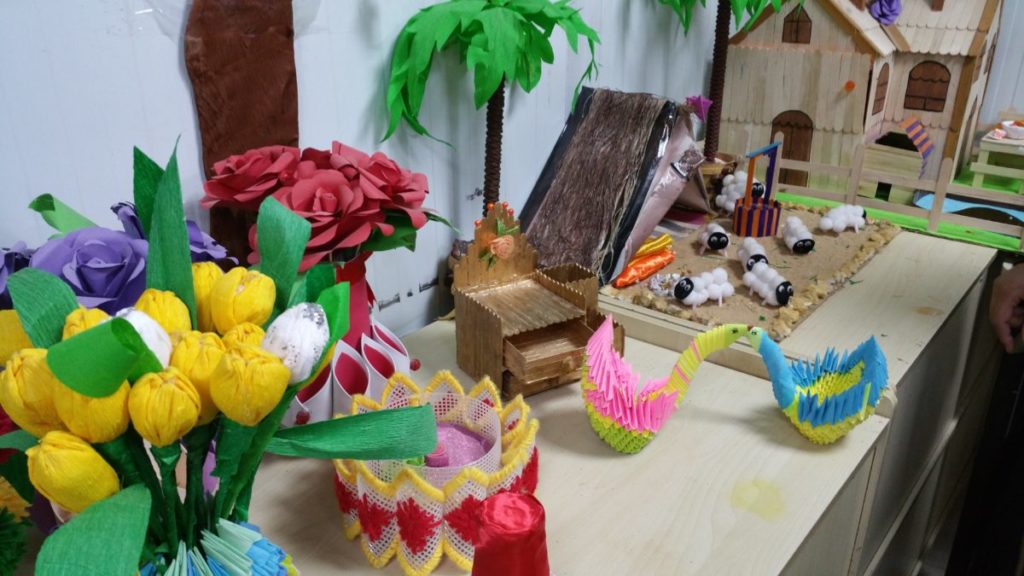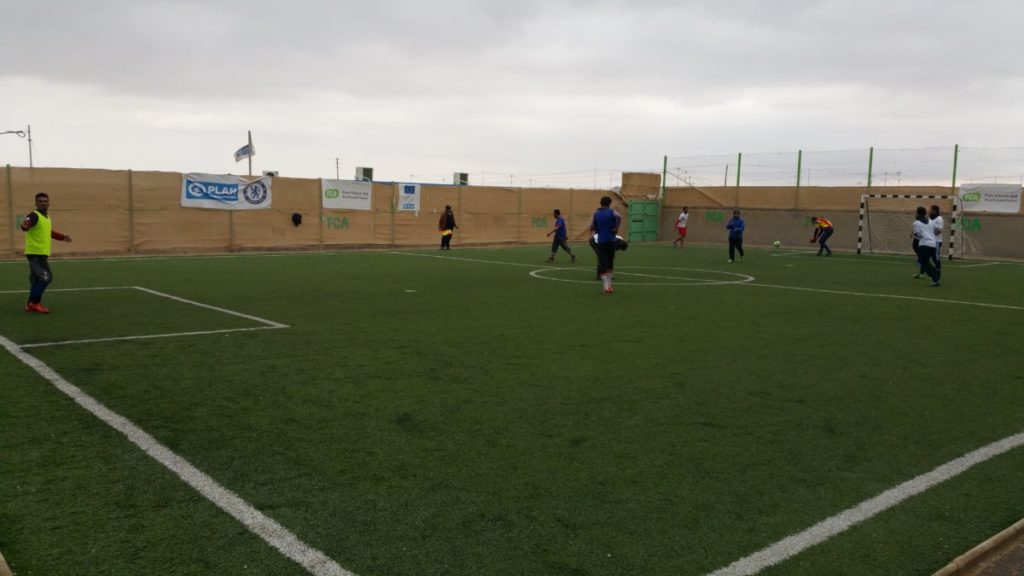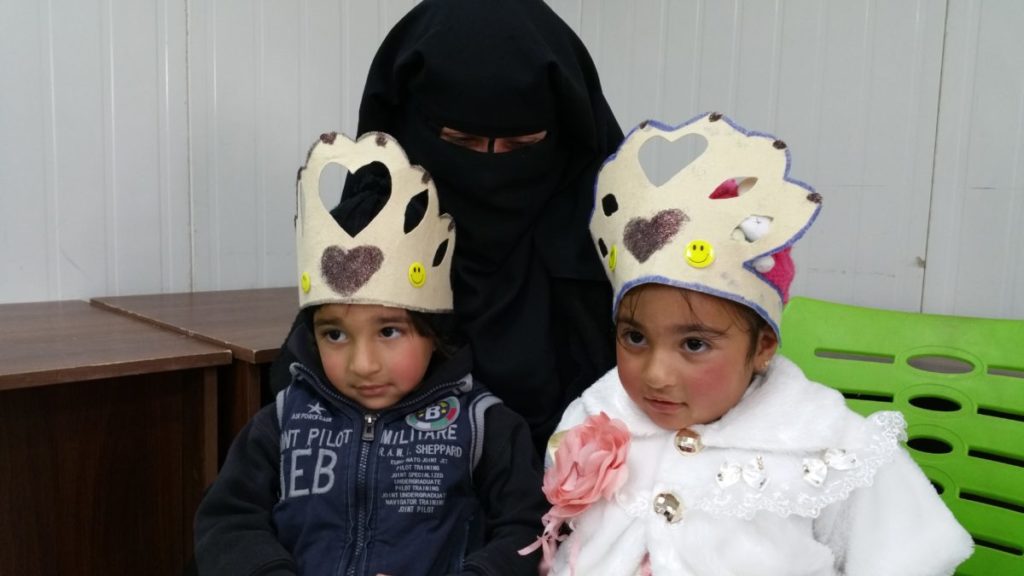Anne Marie McCarthy, Plan International Ireland’s Emergencies’ Programme Manager reports live from Jordan.
Recently I accompanied some colleagues, including the Plan International Ireland Ambassador Diana Bunici, to our projects in Jordan. Amid the fun and enjoyment of meeting the Plan International Jordan team, there were some serious messages about the situation there. The UN Refugee Agency (UNHCR) has registered over 600,000 Syrian refugees in Jordan, but unofficially the numbers are estimated to be a lot higher. The Jordanian government has been very supportive of their Syrian neighbours in welcoming them and facilitating settlement where possible. However, while the Syrian crisis has put a strain on resources in Jordan, some issues, such as child labour and early marriage are now being discussed more publicly, as a result of the crisis. Social norms are being challenged, as evidenced in the repeal of article 308, which allowed sexual assault perpetuators to escape punishment by marrying the victims.
The hospitality of our Jordanian colleagues in Plan International, and also in Azraq camp was very much appreciated. They accompanied us during our visit and explained all of the activities. The activities that Plan International programmes run for children include sports, arts and craft, storytelling and music.

These activities allow the children to play in safe spaces and in the music classes, the children sing together and keep their cultural traditions alive. The visitors may also have participated in some dabke dancing with the children.
While the focus of the most of the activities is on boys and girls, Plan International also organises sports activities with men, to provide a social outlet for them, and engage them in discussions regarding their children’s lives.

Plan International has also developed programmes to include children with disabilities in sports activities. This has proven to be a very popular way to encourage children with disabilities to more actively participate in the social sphere.
During the visit we met with many people who participate in Plan International’s programmes, including 4-year old twins, Rahfat and Anouar, pictured below with their mother, Roqaya. When the twins arrived in the camp, they were quite traumatised and didn’t speak. Having participated in the early childhood centre, Roqaya told us they now seem much happier and have started to talk.

People sometimes question whether or not we should provide education in emergency settings; increasingly emergencies are protracted and we need to ensure that people are equipped with an education in order to survive and make a life for themselves.
A recent survey suggests that over 90% of the Syrian refugees do not see themselves returning home in the foreseeable future, so the Jordanian government and international community are working to accommodate people in the medium-term, to provide access to education and other services. On leaving Jordan, we reflected on the hospitality shown to us and which is extended to the Syrian neighbours by the people of Jordan. There is an Irish expression: “Ar scáth a chéile a mhaireann na daoine,” that translates literally as “People live in each other’s shadows” or we rely on each other for shelter. No place is this truer than in Jordan.